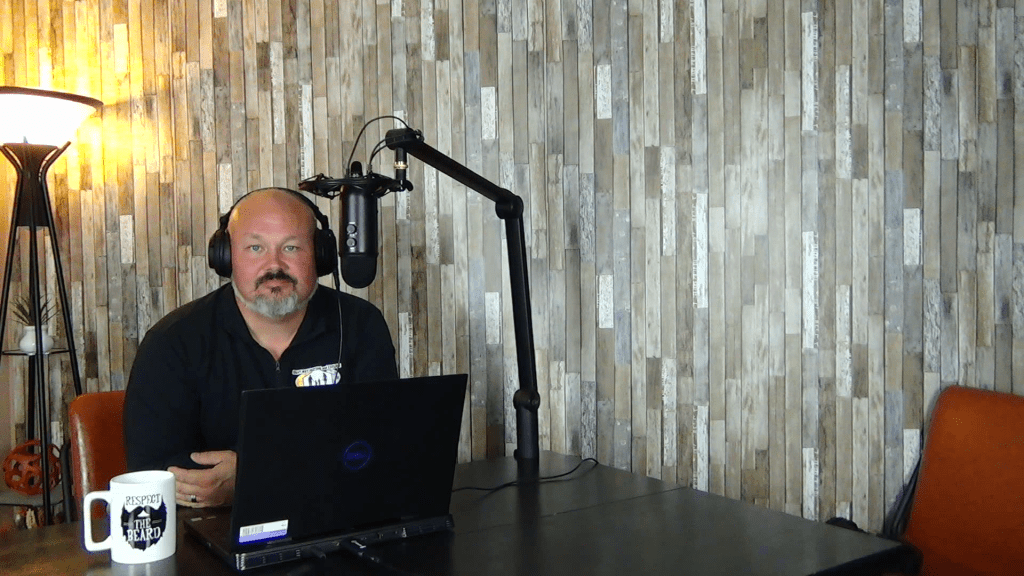
Welcome to another video of Ask Bill. Today, we will be discussing when it is a good time to repair or replace your heating and cooling system. Everyone’s living situation is unique and making such a choice depends on certain factors, most notably their personal finances, the length of time they will be living in their current home, and the condition of which their heating and cooling system is currently operating. It can be difficult to come to a decision when considering all of these variables. To assist in providing some clarity on how to proceed, we’ll be breaking down these factors to narrow down whether your system is in need of a repair, or needs to be replaced altogether.
Short Term VS Long Term Occupancy
The first factor that we should take into account is how long you will be living at your current residence. Most warranties for HVAC systems (Heating, Ventilation, and Air Conditioning) span about ten years, so if you do not plan on owning the home for very long, it wouldn’t be in your best interest to invest such a large sum into a project that you won’t reap the full benefits of.
Short term occupancy (around 5 years or less) has little to no return on investment, on a potential project like this, because the cost outweighs the length of time you would be benefiting from it. If you are considering repairs or replacements because you plan to put your house on the market soon, it would be more cost efficient to focus on addressing the necessities. Though it may seem as an added promotional value to have your entire system renewed, the lack of a return investment would still remain the same. If you are simply trying to maintain the longevity of your current system for peace of mind, a consultation with your heating and cooling system provider can verify the necessities via a scheduled diagnostics.
Long term occupancy, however, can potentially have a steady return investment. Since you would be in ownership of the home for the length of the warranty period after installation (10 years), you would be reaping the benefits of both a new system and possible adjustments to the cost of utilities and general maintenance. This can also be verified in greater detail through a scheduled diagnostics.
Takeaway
Whether or not you should repair or replace your heating and cooling system is dependent on your homeowner, financial, and warranty situation. Warranties themselves typically extend 10 years, though this may vary. Return on investments for hvac home adjustments are slim to none if your occupancy is going to be short term (half the warranty time frame), or around 5 years or less. Long term occupancy (approximately the full extent of the warranty) has the potential to reap return on investments via the benefits of a new system and altered utilities/maintenance fees.
We’ll continue to discuss repairs and replacements further in part two. Please feel free to ask questions, comment, like, and subscribe!

